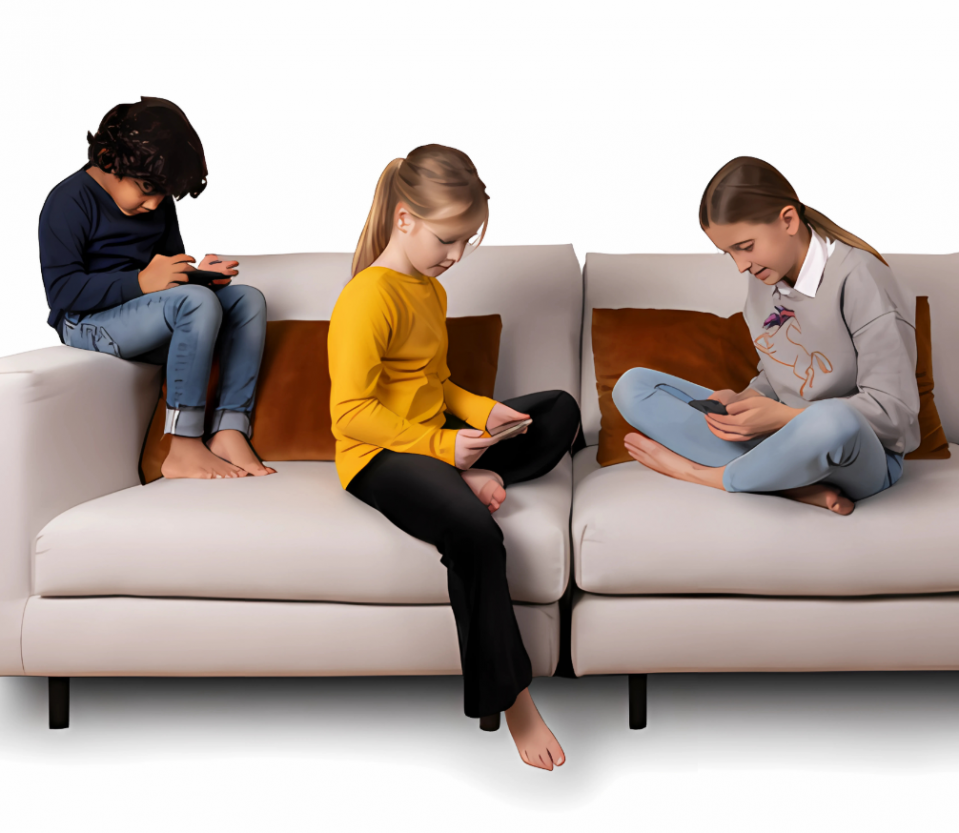
How Quality Sleep and the Right Pillow Boost Kids' School Success
Sleep is the foundation of cognitive development and academic achievement, yet modern distractions and poor bedtime habits challenge children's ability to thrive in school. Ample research makes it clear that when kids are well rested, their ability to learn, remember, and regulate emotions dramatically improves, giving them a jumpstart in the classroom and beyond (National Sleep Foundation, 2025).
Why Sleep Matters for School Performance
Quality sleep fuels the brain's processes for memory, attention, and creativity. Children who lack adequate rest often experience reduced focus, impaired memory consolidation, slower information processing, and weaker problem solving skills. Daytime sleepiness is associated with increased classroom disruptions, higher absence rates, and behavioral problems, outcomes that affect grades, emotional wellbeing, and peer relationships (National Sleep Foundation, 2025).
Research also links lost sleep directly to measurable academic decline, with each hour of nightly sleep lost associated with drops in GPA, and sleeping less than six hours per night producing significant academic deficits regardless of background or course load (Carnegie Mellon University, 2023).
The Modern Challenge
Technology affects bedtime routines and physical posture, and the more time children spend on screens late into the evening, browsing, gaming, or watching videos, the more likely their sleep is disrupted and the greater their risk for posture related strain known as "tech neck." This neck and upper back strain comes from prolonged device use in poor posture, and it is not just uncomfortable, it may influence healthy spinal development and interfere with restful sleep.
Adolescents with excessive device use report more sleep loss and higher rates of tension type headaches and musculoskeletal discomfort, findings that connect evening screen habits, posture problems, and poorer sleep quality (Liu et al., 2025). Addressing tech neck is therefore both a comfort and a cognitive health strategy, because better posture and reduced evening screen time support deeper, more restorative sleep and improved learning readiness.
Empowering Better Sleep
The Pillowise Junior line is designed for children's proportions to promote proper spinal alignment and to help prevent posture related issues like tech neck that can result from daytime device use. Medical and wellness experts often recommend custom fitted pillows matched to a child's body size to maximize comfort and spinal support during sleep (National Sleep Foundation, 2025).
Practical Steps Parents Can Take to Support Learning Ready Sleep
- Limit evening device use, especially in the hour before bed (Liu et al., 2025).
- Encourage a consistent, calming bedtime routine (National Sleep Foundation, 2025).
- Make sure pillows and mattresses are age and size appropriate to support spinal alignment.
- Model healthy posture during the day and build intentional screen breaks into routines (Liu et al., 2025).
- Prioritize sleep as an essential part of school readiness. Better sleep equals better attention, stronger memory consolidation, and improved emotional regulation (Carnegie Mellon University, 2023; National Sleep Foundation, 2025).
The right tools, like a properly sized Pillowise Junior custom pillow, together with healthy habits, set the stage for happier mornings, stronger classroom performance, and lifelong learning success. With a personalized pillow tailored to your child's unique size and sleep needs, you can support their spinal health, reduce the effects of tech neck, and promote restful nights.
Find Your Perfect Pillowise Pillow: Locate a Reseller or Become One Today
- Locate a Pillowise reseller near you by clicking here: Find a Reseller .
- Interested in becoming a reseller and offering Pillowise pillows in your clinic? Learn more and register here: Become a Reseller .
- To explore our full range of personalized pillows and custom fit technology, visit our website at www.pillowise-usa.com .
References
Carnegie Mellon University. (2023, November 5). Nightly Sleep Is Key to Student Success.https://www.cmu.edu/news/stori...
Liu, X., et al. (2025). The effect of sleep quality on learning engagement of junior high school students: The role of excessive device use and tech neck risk. Frontiers in Psychology, 16, Article 1476840.https://www.frontiersin.org/jo...
National Sleep Foundation. (2025). Improve your child's school performance with a good night's sleep.https://www.sleepfoundation.or...


